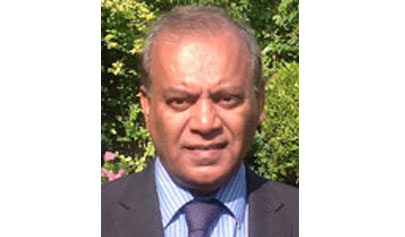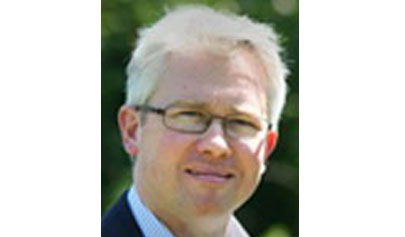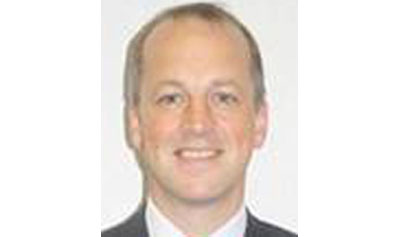The cookie settings on this website are set to "allow cookies" to give you the best browsing experience possible. If you continue to use this website without changing your cookie settings or you click "Accept" below then you are consenting to this.
About cookies
Cookies are information packets sent by web servers to web browsers, and stored by the web browsers.
The information is then sent back to the server each time the browser requests a page from the server. This enables a web server to identify and track web browsers. Some cookies are deleted at the end of a session, others remain on your computer until you delete them or they reach an expiry date.
Cookies on our website
Medical Detection Dogs uses the following cookies on this website, for the following purposes:
Analytics – We anonymously measure your use of this website to improve your experience Social media – Facebook, Twitter and other social websites need to know who you are to work properly
Google cookies
Medical Detection Dogs uses Google Analytics to analyse the use of this website. Google Analytics generates statistical and other information about website use by means of cookies, which are stored on users' computers. The information generated relating to our website is used to create reports about the use of the website. Google will store and use this information. Google's privacy policy can be found on their site at www.google.com/policies/privacy.
Refusing cookies
Most browsers allow you to refuse to accept cookies - these controls are usually found in settings and privacy. Please refer to your browser help function.
Blocking cookies will have a negative impact upon the usability of some websites.
Close






